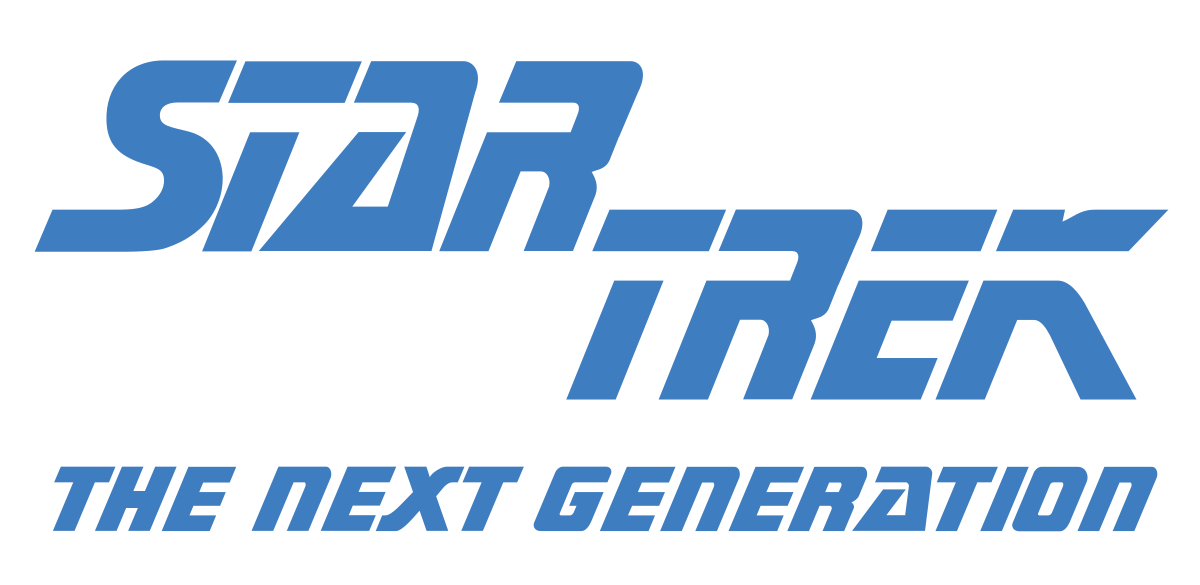MusicBrainz is an open music encyclopedia that collects music metadata and makes it available to the public. MusicBrainz aims to be: The ultimate source of music information by allowing anyone to contribute and releasing the data under open licenses. . The Windows version is free, but the new macOS version costs $20.
There are two types of scripts used in Picard: the file naming script and tagging scripts. These aremanaged from the “File Naming” and “Scripting” sections of the “Options ‣ Options…” menu. All scripts are writtenusing the Picard scripting language. Scripts are often discussed in theMetaBrainz Community Forum, and there is a thread specific tofile naming and script snippets.
File Naming Script¶
There is only one file naming script defined in a user’s settings, although it can vary from a simpleone-line script such as %album%/%title% to a very complex script using different file naming formatsbased on different criteria. In all cases, the files will be saved using the text output by the script.
Note
Any new tags set or tags modified by the file naming script will not be written to the outputfiles’ metadata.
Tagging Scripts¶
There can be multiple tagging scripts defined in a user’s settings. Individual scripts can be enabled ordisabled, and the order of execution of the scripts can be set. Whenever a script is run automatically (i.e.:when an album is loaded), it is processed once for each track in the album that triggered therun. For example, if there are two tagging scripts enabled (A and B) and an album with three tracks isloaded, the scripts will be processed in the following order:
Script A Track 1;
Script A Track 2;
Script A Track 3;
Script B Track 1;
Script B Track 2;
Script B Track 3.
Metadata updates are not shared between tracks, so you cannot append data from one track to a tag in anothertrack.
Any new tags set or tags modified by the tagging scripts will be written to the output files’ metadata,unless the tag name begins with an underscore. These “hidden” tags are typically used as variables to holdtemporary values that are used later in either the tagging or file naming scripts. Tagging scripts are runonce for each track in the data, using the metadata for that track.

Tagging scripts can also be run manually by right-clicking either an album or a track in the right-hand panein Picard. If run from the album entry, the script is run for each track in the album. If run from anindividual track, the script is only run for that track.
Use genres from MusicBrainz
Use genres provided by MusicBrainz and save them to the genre tag.
Fall back on album’s artists genres if no genres are found for the release or release group
If there is no genre set for the release or release group on MusicBrainz, use the genre of the album artist instead.
Only use my genres

When enabled, Picard will only write genres you personally have submitted to MusicBrainz. You’ll need to set your usernameand password to use this feature.

Use folksonomy tags as genres

Check to use all folksonomy tags to set the genre. Otherwise only the tags considered by MusicBrainz to be proper genreswill be used.
Minimal genre usage
Choose how popular the genre must be before it is written by Picard. Default: 90%. Lowering the value here will lead tomore, but possibly less relevant, genres in your files.
Maximum number of genres
Choose how many genres to use. Default: 5. If you only want a single genre, set this to 1.
Musicbrainz Picard Review
Join multiple genres with
Musicbrainz Picard Cluster
Select which character should be used to separate multiple genres.
Genres or folksonomy tags to include or exclude
Musicbrainz Picard 32 Bit
One expression per line, case-insensitive. You can use the “Playground” text field to enter some genres and test the rulesyou have setup. Genres that will be excluded will be marked red, included genres will be marked green.
Comments: Lines not starting with ‘-‘ or ‘+’ are ignored. (e.g.:
#comment,!commentorcomment)Strict filtering: Exclude exact word by prefixing it with ‘-‘ (e.g.:
-word). Include exact word, even if anotherrule would exclude it, by prefixing it with ‘+’ (e.g.:+word).Wildcard filtering: Exclude all genres ending with “word” (e.g.:
-*word). Include all genres starting with “word”(e.g.:+word*). Exclude all genres starting with ‘w’ and ending with “rd” (e.g.:-w*rd).Regular expressions filtering (Python “re” syntax): Exclude genres starting with ‘w’ followed by any character, then‘r’ followed by at least one ‘d’ (e.g.:
-/^w.rd+/).
Playground for genres or folksonomy tags filters:
This area allows you to enter genre tags, one per line, to test your filters. If a tag is marked in red, it will be filteredout. A tag marked green will be allowed.
Note
How To Use Musicbrainz Picard
This list of test tags will be cleared when you exit the configuration section.
